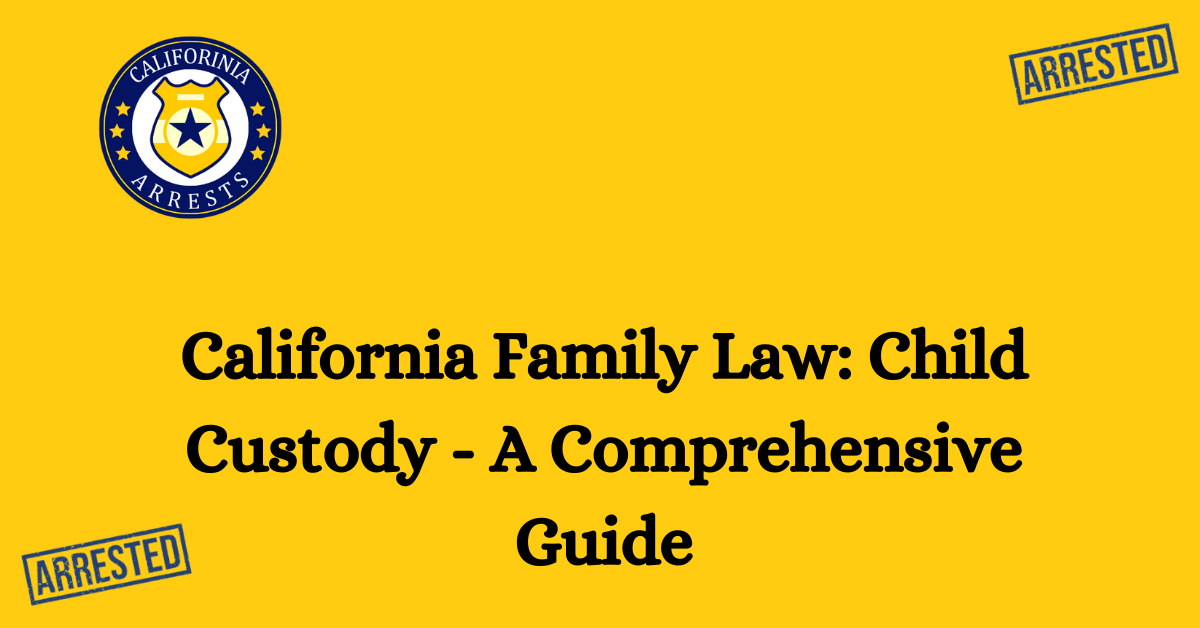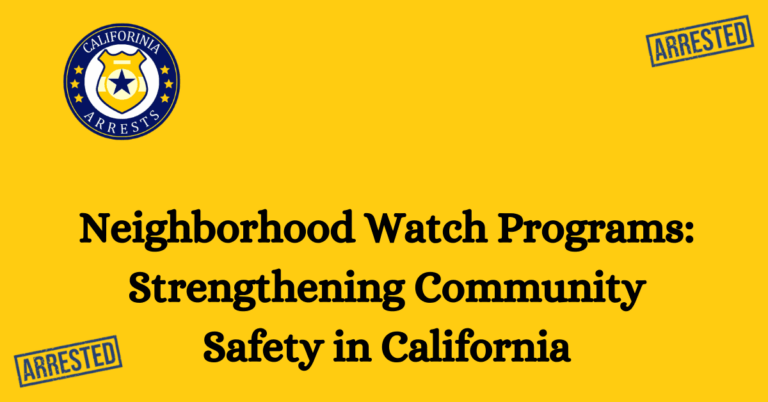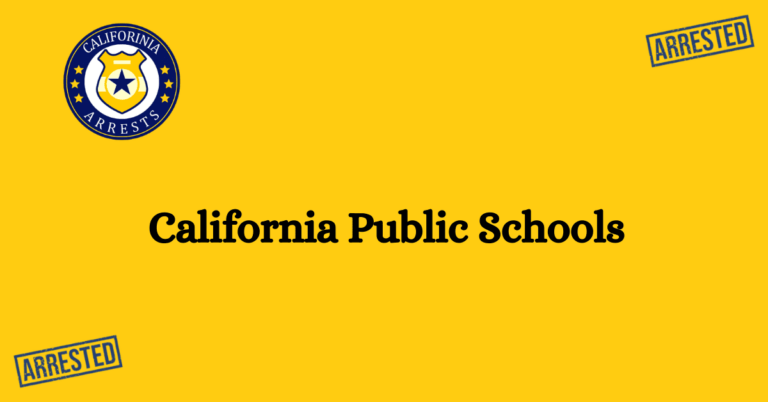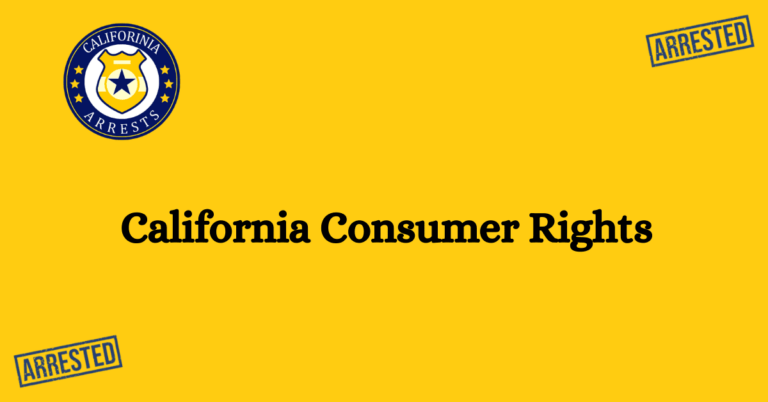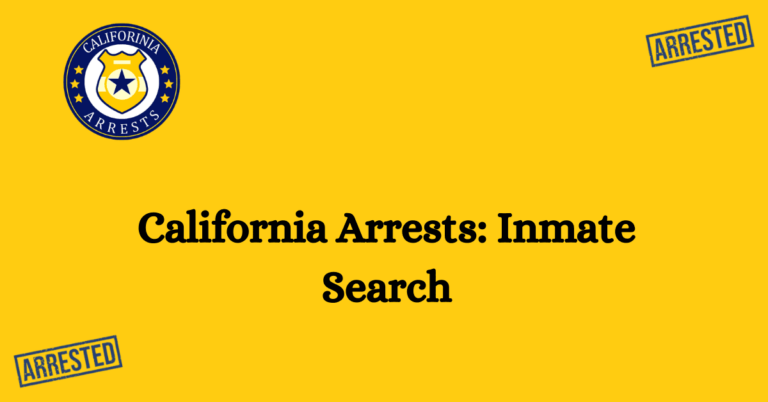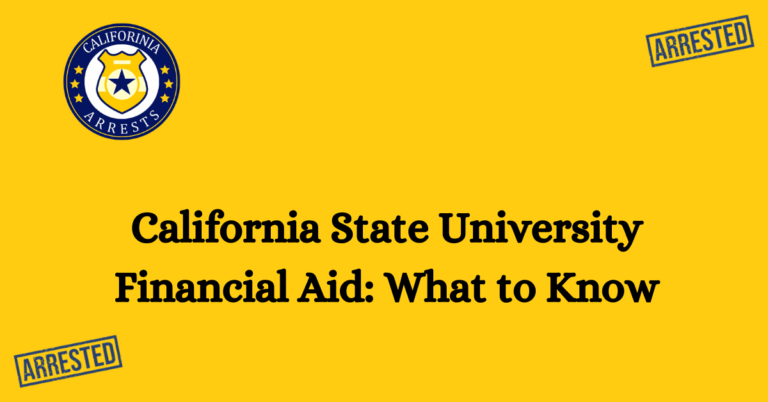California Family Law Child Custody A Comprehensive Guide
Navigating the complexities of child custody matters within the framework of California family law requires a thorough understanding of the legal landscape. This comprehensive guide aims to provide a detailed overview of child custody laws in California, shedding light on key aspects, factors considered by the courts, and the different types of custody arrangements.
Legal Framework
California family law is primarily guided by the best interests of the child. Courts make custody decisions with the child’s welfare as the top priority. The state recognizes two main types of custody: legal custody and physical custody.
- Legal Custody: This refers to the authority to make decisions about the child’s upbringing, education, healthcare, and religious upbringing.
- Physical Custody: This pertains to the actual physical care and residence of the child.
Types of Custody Arrangements
California recognizes various custody arrangements to accommodate the unique circumstances of each family. These include:
- Sole Custody: One parent has both legal and physical custody, and the other may have visitation rights.
- Joint Legal Custody: Both parents share the responsibility for making major decisions for the child’s well-being.
- Joint Physical Custody: The child spends significant time with both parents, ensuring a balance in their upbringing.
- Bird’s Nest Custody: The child remains in one residence while the parents take turns living with them.
Factors Considered by the Courts
When determining custody arrangements, California courts consider several factors, including:
- The child’s age, health, and emotional ties with each parent.
- Each parent’s ability to provide a stable and loving environment.
- The child’s ties to their school, community, and extended family.
- Any history of domestic violence or substance abuse by either parent.
Custody Mediation
California encourages parents to engage in mediation to resolve custody disputes amicably. Mediation involves a neutral third party who helps parents reach a mutually agreeable custody arrangement, reducing the need for court intervention.
Modifying Custody Orders
Circumstances may change after a custody order is established. Parents can request modifications if there is a significant change in circumstances affecting the child’s well-being.
FAQs
What factors are considered when determining child custody in California?
In California, the court considers various factors when determining child custody. These factors include the child’s age, health, and safety, as well as the emotional bond between the child and each parent. The court also takes into account the ability of each parent to provide for the child’s physical and emotional needs and the child’s preference, if they are of sufficient age and maturity to express a reasoned opinion.
What is the difference between legal custody and physical custody?
Legal custody refers to the right and responsibility to make decisions about the child’s upbringing, including matters such as education, healthcare, and religious upbringing. Physical custody, on the other hand, refers to where the child will live on a day-to-day basis. Both legal and physical custody can be shared jointly between the parents or granted solely to one parent.
Can grandparents seek custody of their grandchildren in California?
Yes, grandparents can seek custody of their grandchildren in California under certain circumstances. They must show that granting custody to them is in the best interests of the child and that both parents are unfit or that there are other compelling reasons to grant custody to the grandparents. The court will consider factors such as the relationship between the child and the grandparents and the ability of the grandparents to provide a stable and nurturing environment.
Can a parent relocate with their child after a custody order has been established?
If a custody order has been established, a parent who wishes to relocate with the child must obtain the court’s permission. They must demonstrate that the move is in the child’s best interests and provide a proposed parenting plan that ensures continued contact between the child and the other parent. The court will consider factors such as the reason for the move, the distance involved, and the impact on the child’s relationship with the other parent.
Can child custody orders be modified in California?
Yes, child custody orders can be modified in California if there has been a significant change in circumstances since the original order was issued. The party seeking the modification must demonstrate that the change is in the child’s best interests. Examples of significant changes in circumstances may include a parent’s relocation, a change in the child’s needs, or evidence of abuse or neglect.
What is the role of a mediator in child custody disputes?
In California, mediators play a crucial role in child custody disputes. They are neutral professionals who help parents reach mutually acceptable agreements regarding custody and visitation. Mediation can be voluntary or court-ordered. The mediator facilitates communication, helps parents explore options, and assists in finding common ground. While mediators can offer recommendations, they do not have the power to make decisions; their goal is to help parents reach their own agreements.

